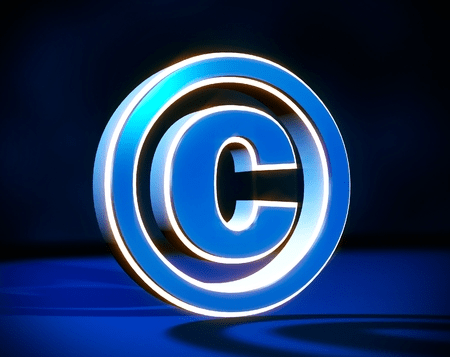
When you ask OpenAI’s ChatGPT chatbot to answer a question or generate other content, who owns the intellectual property rights to what’s created?
The answer to this question isn’t simple for ChatGPT or other content (e.g., images) generated by artificial intelligence (AI).
On its face, OpenAI grants ownership of the output to the person who entered the input (e.g., asked the question).
Per Subsection 3(a) of its Terms of Use (last modified December 13, 2022), “As between the parties and to the extent permitted by applicable law, you own all Input, and subject to your compliance with these Terms, OpenAI hereby assigns to you all its right, title and interest in and to Output. OpenAI may use Content as necessary to provide and maintain the Services, comply with applicable law, and enforce our policies. You are responsible for Content, including for ensuring that it does not violate any applicable law or these Terms.”
Yet that’s not the end of the story. Because Subsection 3(b) makes it clear that if two different users make similar requests, ChatGPT may produce the same answer for both users. “Responses that are requested by and generated for other users are not considered your Content.”
So it’s not safe to assume you own content generated by ChatGPT per your requests.
As artificial intelligence evolves to produce more comprehensive and sophisticated content, a licensing scheme should be implemented that addresses the intellectual property rights of the AI owner and its users as licensees (e.g., exclusivity).
Just don’t assume the great content an AI generated for you is owned by you or your business.
Whether you own the AI or want to use the content created by artificial intelligence, it makes sense to establish ownership and licensing rights on the front end instead of dealing with a messy lawsuit over intellectual property ownership later.
